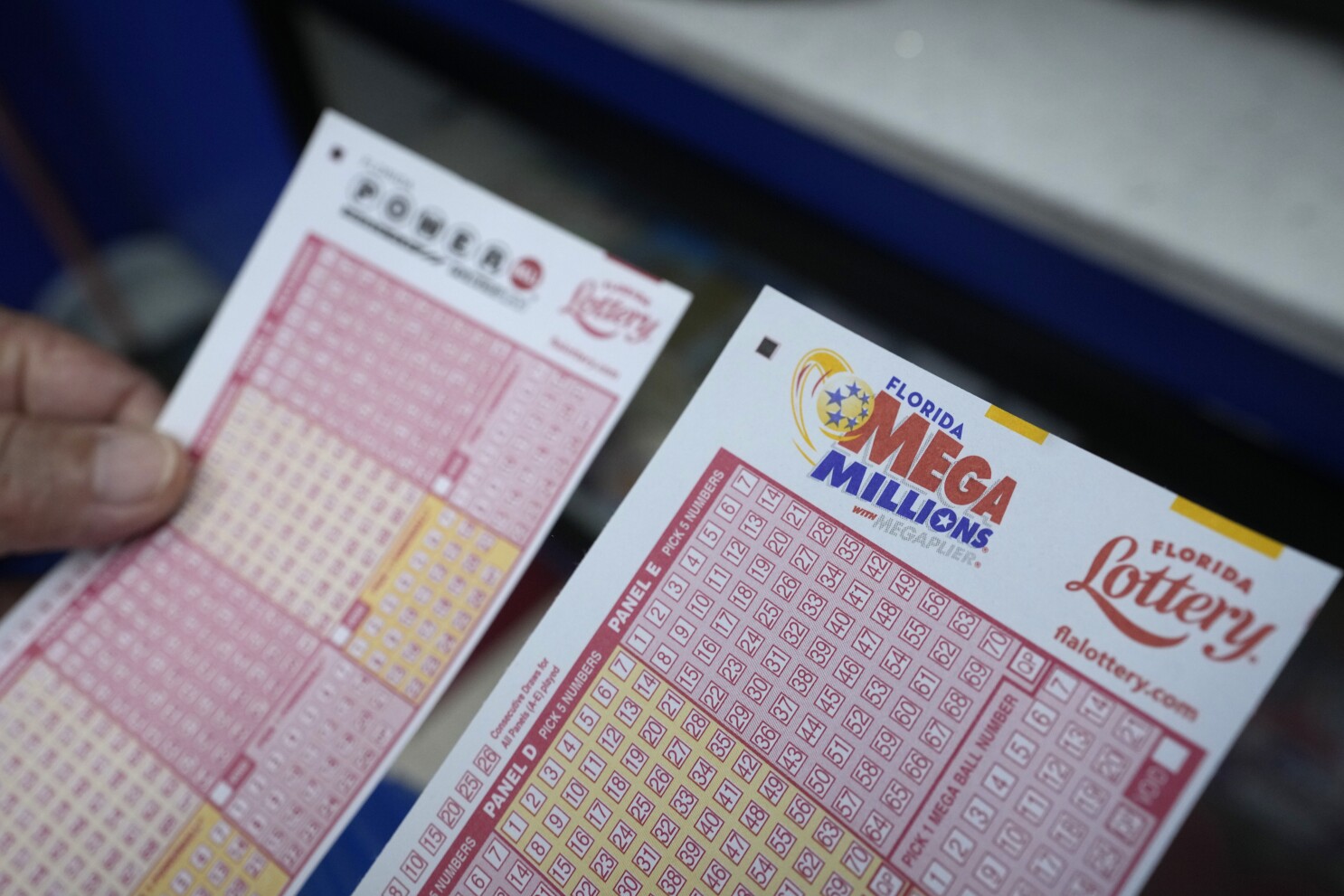
The lottery is a game where bettors pay for tickets (or receipts) and have a chance to win prizes by selecting numbers that match those randomly drawn by machines. The game has a long history in human societies, and its popularity grows with each new draw. In many countries, a state or government oversees the operation of lotteries. Some lotteries award cash prizes, while others offer goods or services.
Almost all modern state-sanctioned lotteries offer at least six different kinds of games, including instant-win scratch-off tickets, daily games where players must pick three or four numbers and a grand prize draw with multiple winners. Most of these games cost a small amount to play, with the winnings typically being in the range of a few thousand dollars.
Some lotteries have enormously large jackpots, while others award fewer prizes of smaller amounts. The latter tend to be more popular in poorer communities, where they can make a substantial difference in people’s lives. Some states have even used their lotteries to distribute public benefits such as subsidized housing units or kindergarten placements.
There are some things that every lottery player should know. It is important to understand how the odds work and use proven strategies that can help you increase your chances of winning. Also, it is important to avoid picking numbers that are related to significant dates or other patterns. Statistical research shows that this can reduce your chances of winning by a wide margin. Instead, try to cover a variety of numbers from the pool.